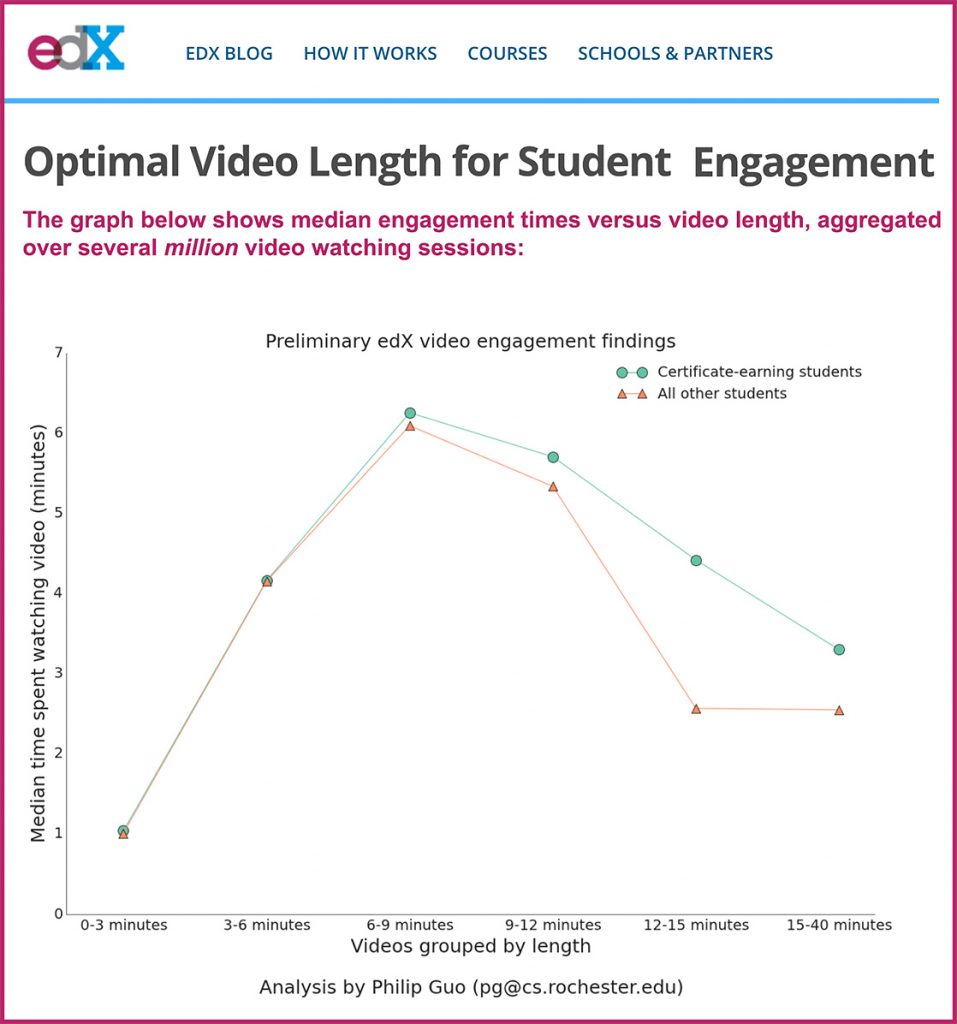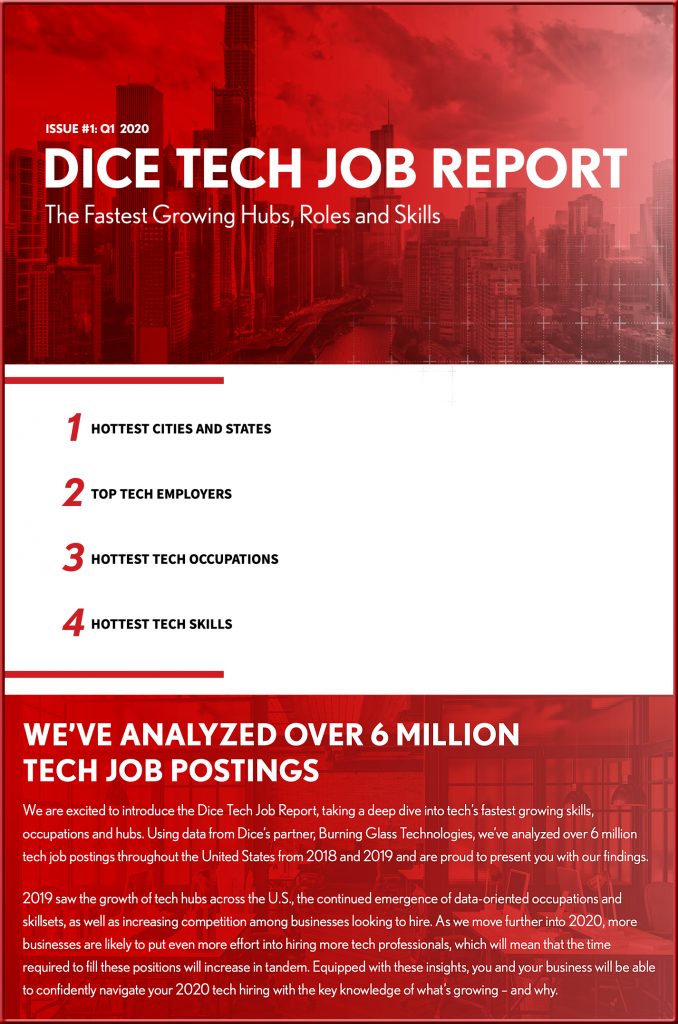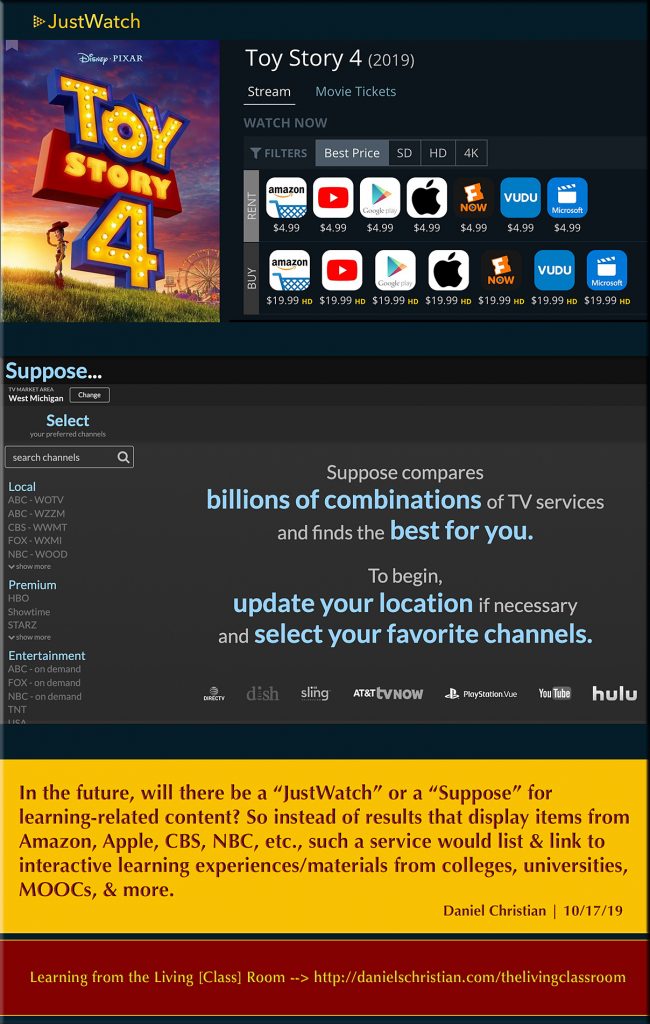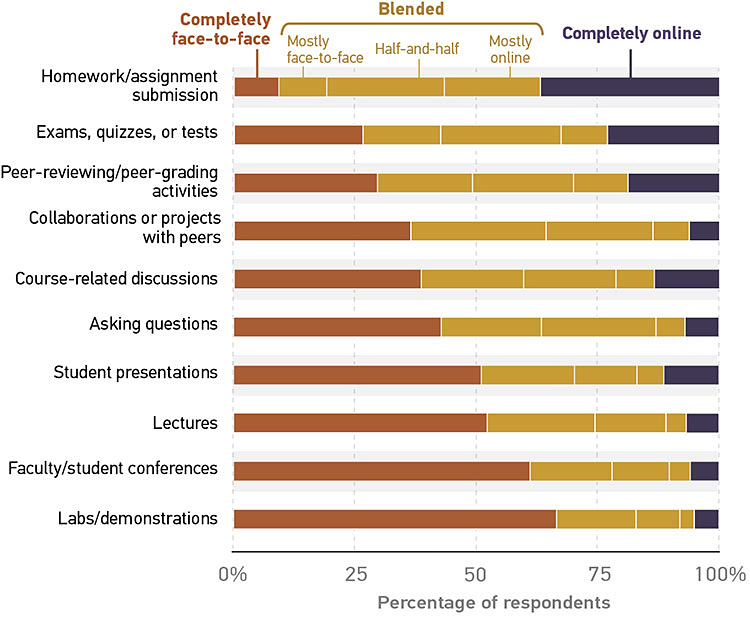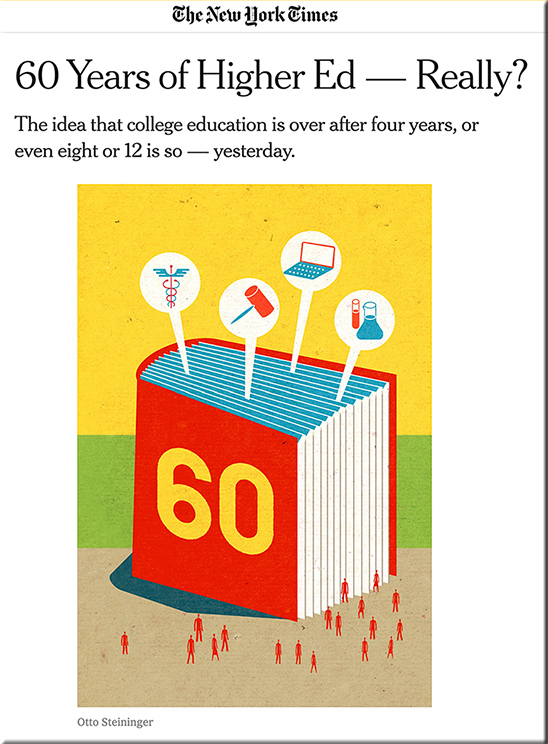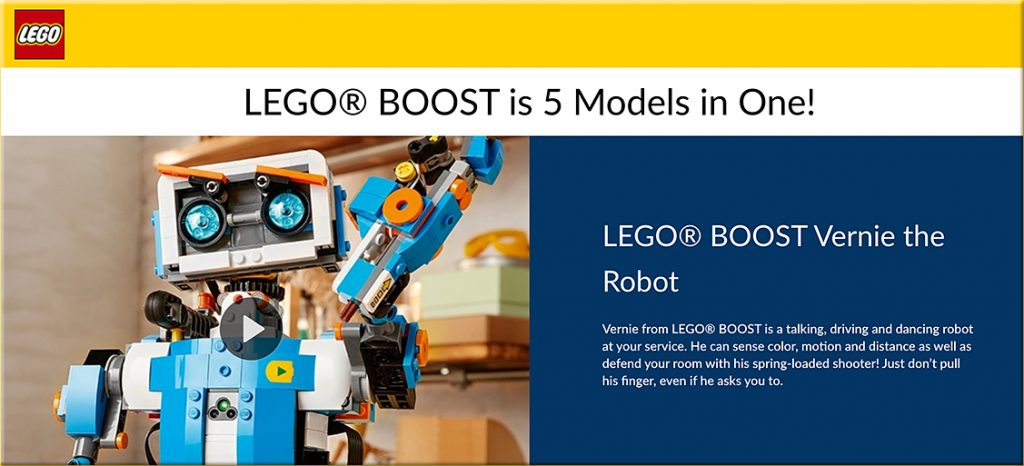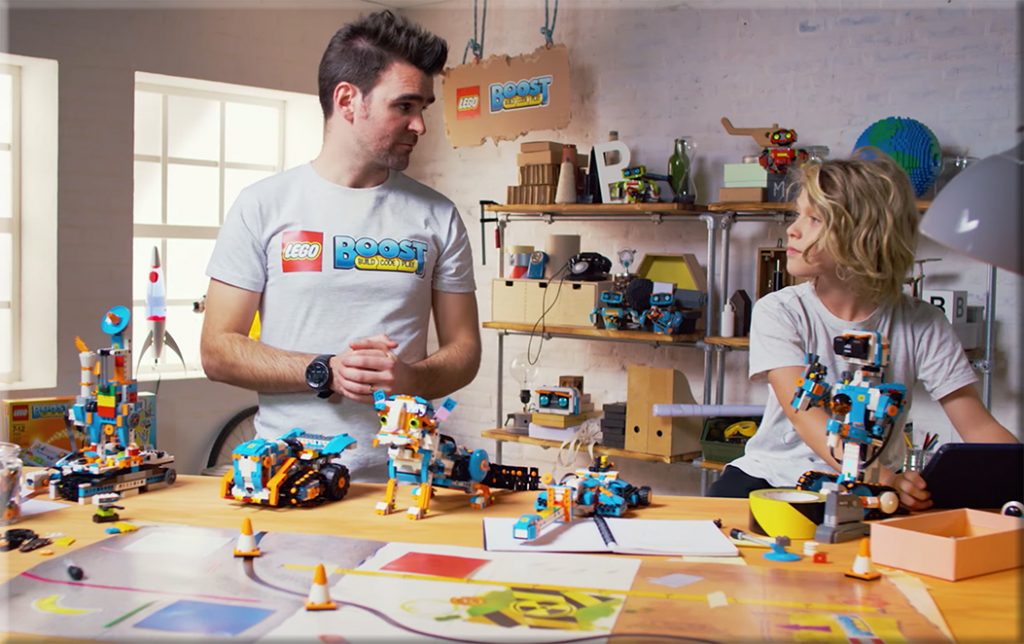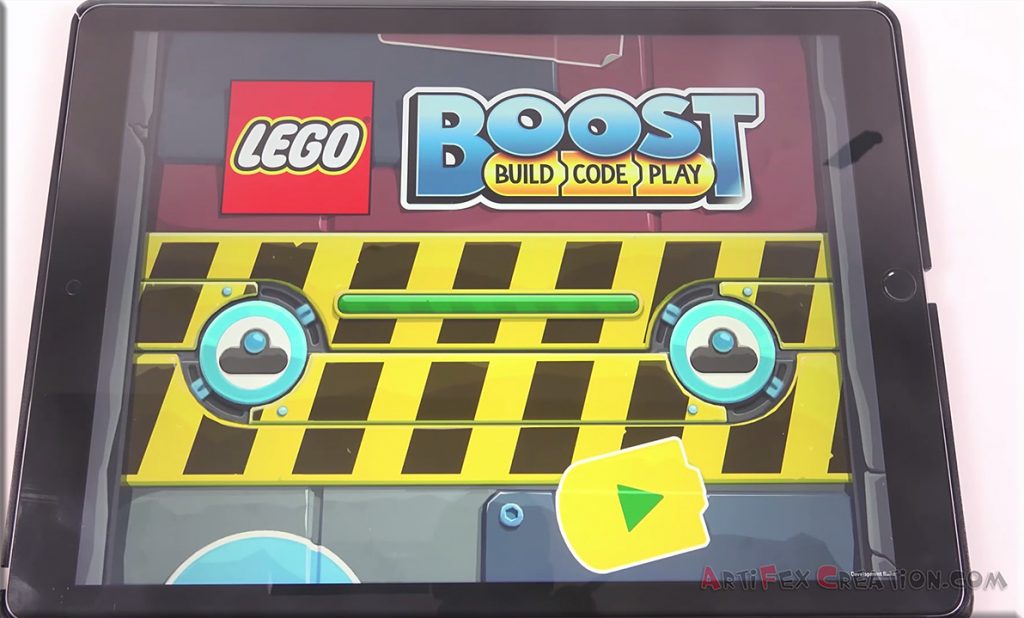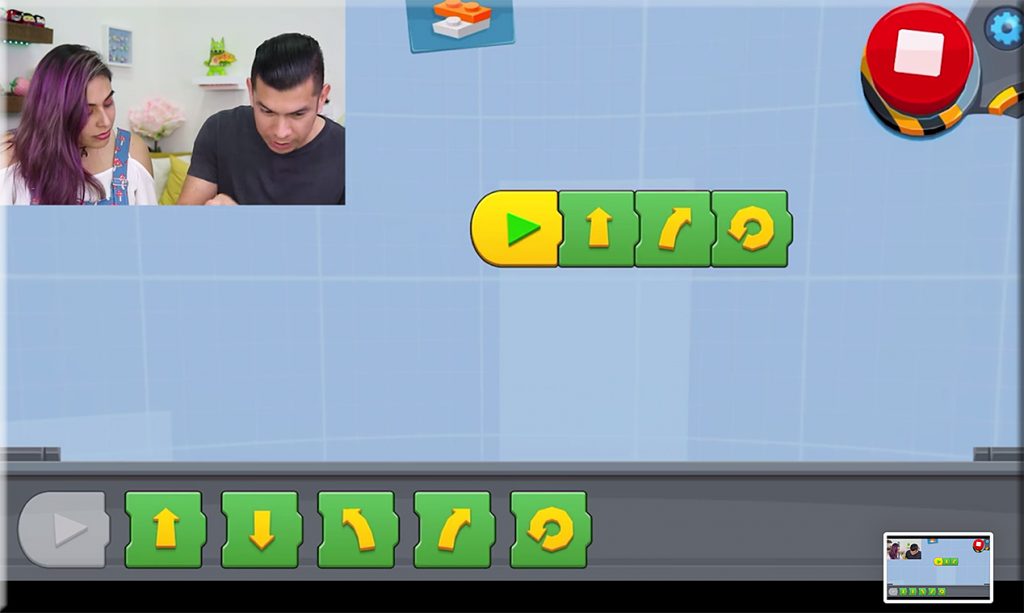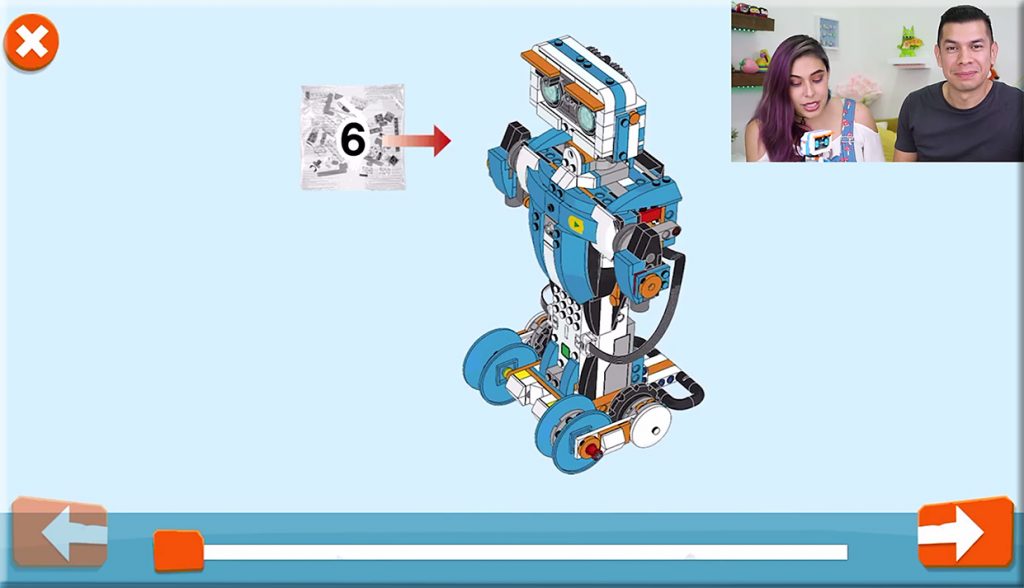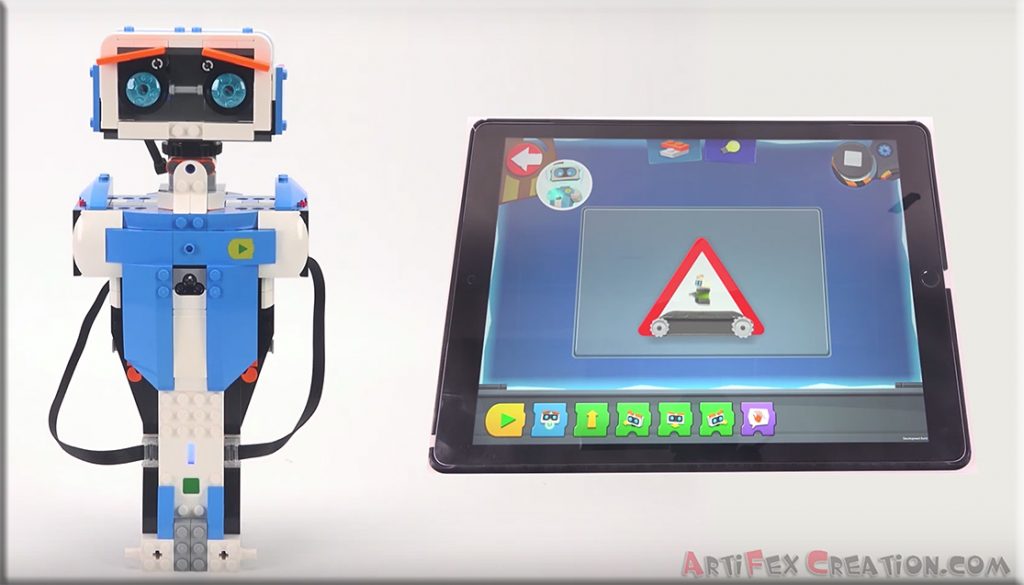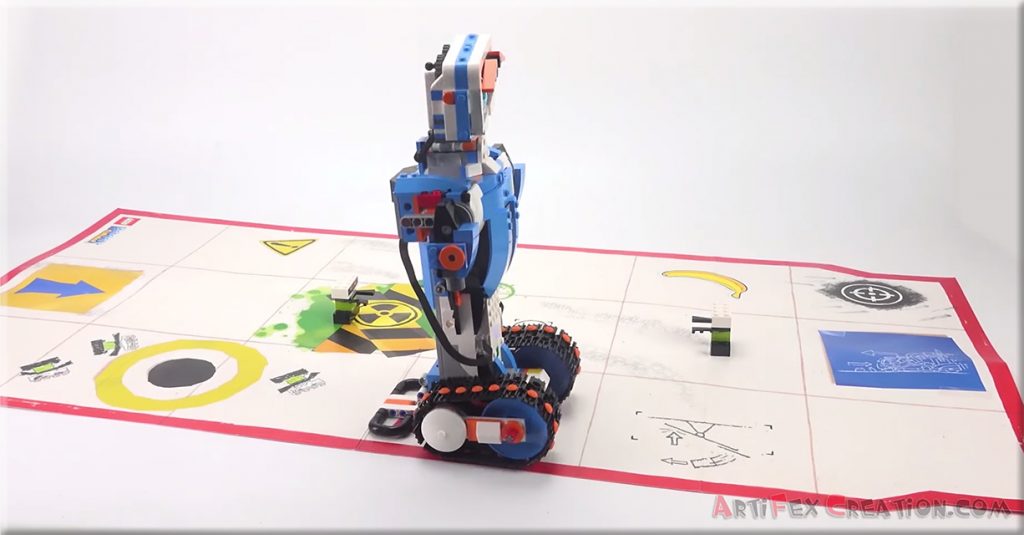Optimal Video Length for Student Engagement — from blog.edx.org by Candace Hazlett and Philip Guo
Excerpt:
In this first post, I’ll share some preliminary results about video usage, obtained from initial analyses of a few edX math and science courses. Unsurprisingly, students engaged more with shorter videos. Traditional in-person lectures usually last an hour, but students have much shorter attention spans when watching educational videos online. The graph below shows median engagement times versus video length, aggregated over several million video watching sessions:
From DSC:
If you have access to a tool like Canvas Studio, then you can probably extend the length of your videos if you are interspersing your videos with a healthy dose of interactivity — i.e., inserting quiz questions every few minutes.









